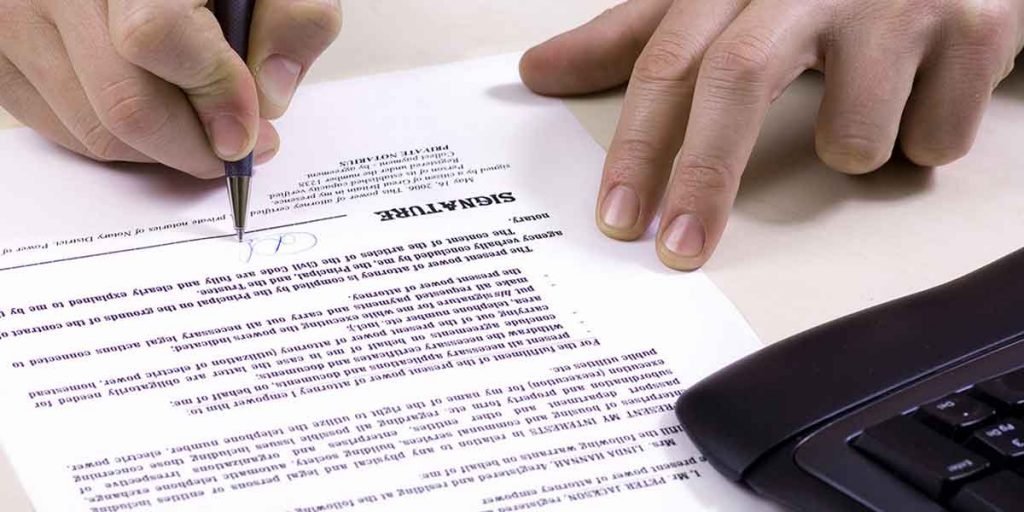Contrary to what many of us believe, estate planning isn’t restricted to creating a will with the aid of an online estate planning tool, or the help of an estate planning attorney. Estate planning involves the setting up of series of important legal documents that enhances your estate plan.
Some of those important estate planning documents are a will, letter of intent, beneficiary designation, health care power of attorney, a trust, and a power of attorney. All of the mentioned legal documents are quite important as they make up a good estate plan. However, for the sake of this article, we’ll be taking a look at a power of attorney and why you need to include this legal document in your estate plan.
What is a Power of Attorney?
A power of attorney or POA for short, is a legal document that allows you, the principal, to choose another individual, called the agent or attorney-in fact to act on your behalf and make crucial decisions regarding financial and legal matters.
Why should you create a Power of Attorney?
There are several reasons why you should create a power of attorney. Also, there are many types of POA. It is a good idea to have some in place now as you never know when an emergency situation may occur and a POA will be required. Other types of POAs may only be required if a certain situation occur.
Below, we have highlighted some reasons why you need to create a Power of Attorney.
- Provides the ability to select who will make decisions for you (rather than a court)
If you set up a POA and incapacitation sets in making you unable to make decisions, the agent designated can make those crucial financial and legal decisions on your behalf. With a POA, a guardianship or conservatorship may have to be created, and can be costly.
- The more the comprehensive POA, the better:
As people approach their respective golden age, their needs change and their POA should display that. The major concerns of the aging population are long-term care, qualifying and applying for government benefits, and selecting the right care providers. By stopping the agent from carrying out these tasks and more, valuable time and money way be wasted.
- Gives everyone involved peace of mind
Taking out time to set up a power of attorney reduced the burden on family members who would otherwise have to go to court to get approval to assist you in performing basic tasks such as writing a check or making plans for home health services. Knowing that this has been sorted out In advance provides optimum comfort to family members and loved ones.
- Offers immediate access to important assets
A well-set up power of attorney comes with provisions that allow the agent or attorney-in-fact to access important or vital assets, like the principal’s digital assets or safety deposit box, to continue to settle bills access funds, without any delay. If these provisions are lacking, court approval will be needed before anyone can access these vital assets. Digital assets are also vital as older power of attorney failed to address digital assets, yet several individual have digital accounts.
- Allows agents to communicate with other agencies:
An agent of attorney-in-fact under a power of attorney is always in the position of attempting to reconcile bank charges, make plans for health care, talk to professionals for services to be provided to the principal, etc. Without an all-encompassing power of attorney dishing out authority to the agent, a lot of companies wouldn’t agree to divulge any information or offer services to the incapacitated individual. This, no doubt, can lead to a great amount of frustration on the part of the family, including lost time and money.
Do you want to create a Power of Attorney? Or do you need advice on matters regarding a power of attorney? Don’t hesitate to contact our office. Our estate planning attorneys are experienced in matters regarding the different types of POA.









